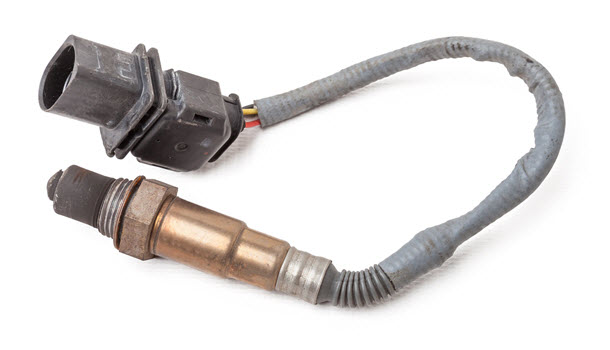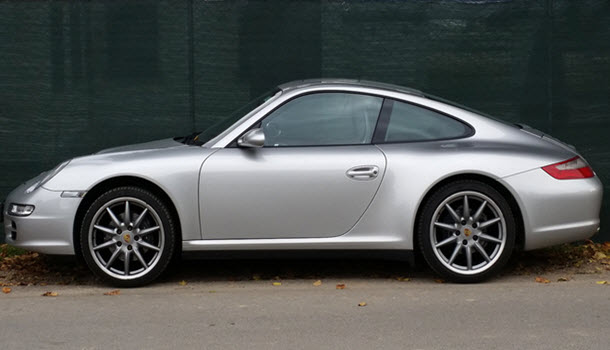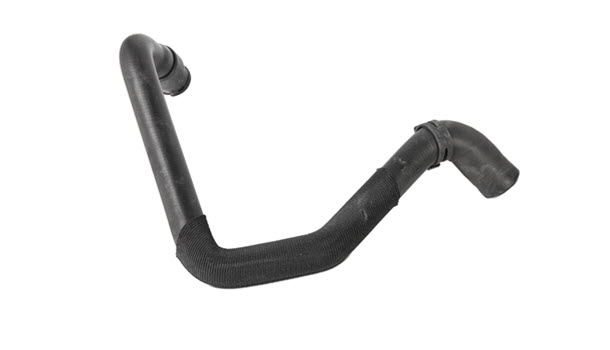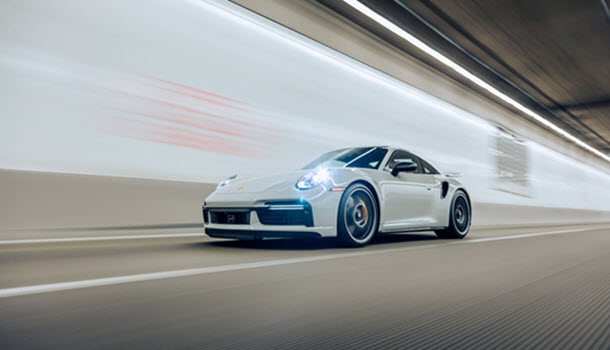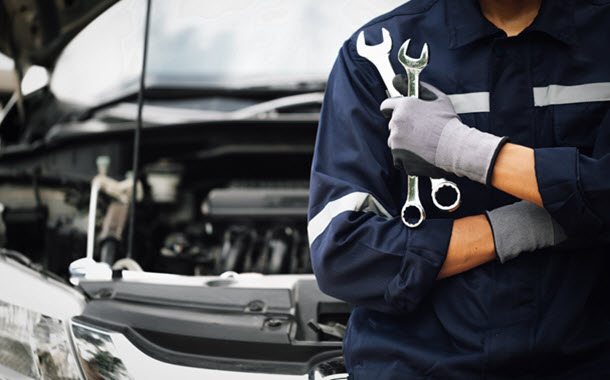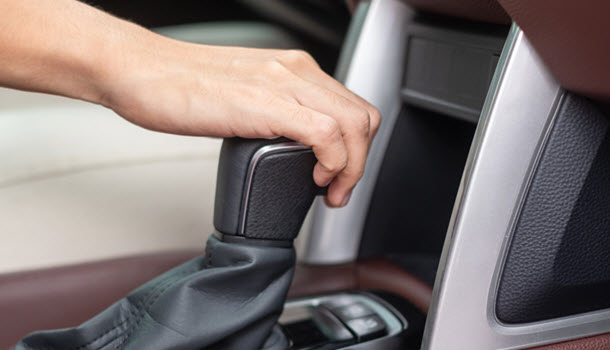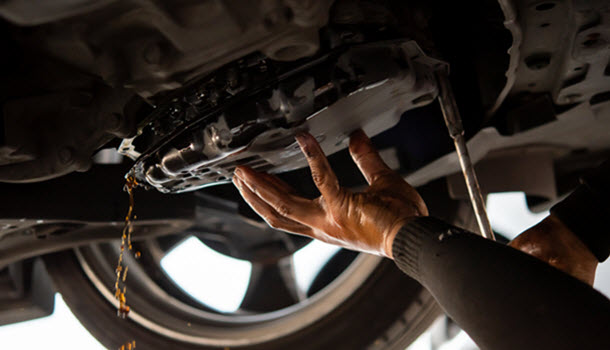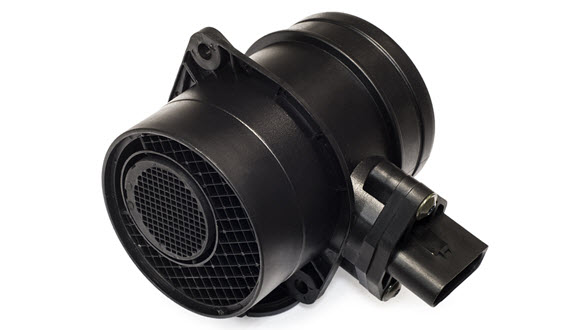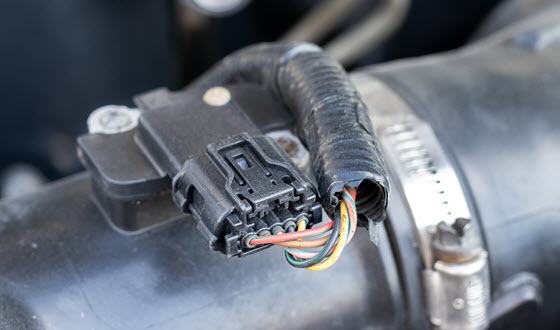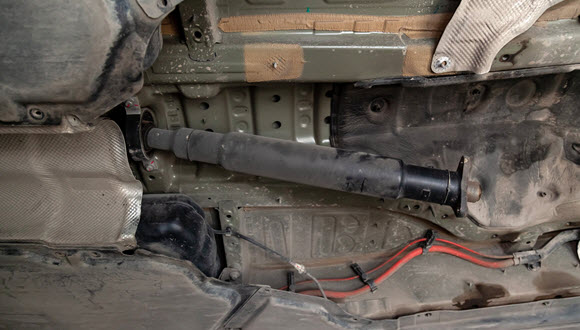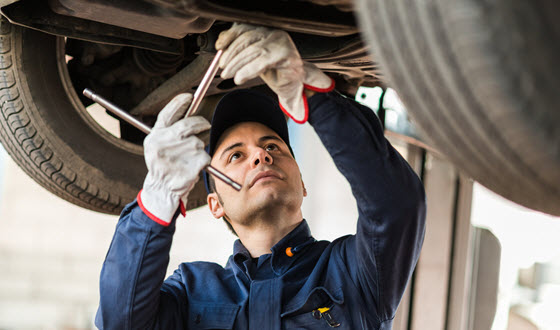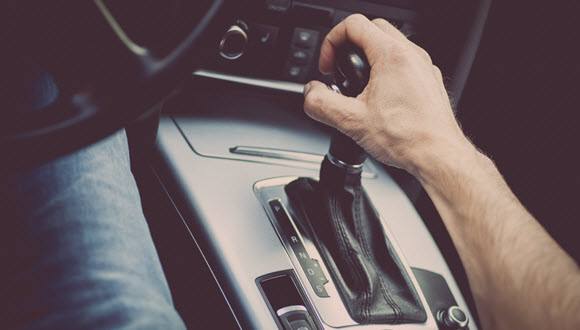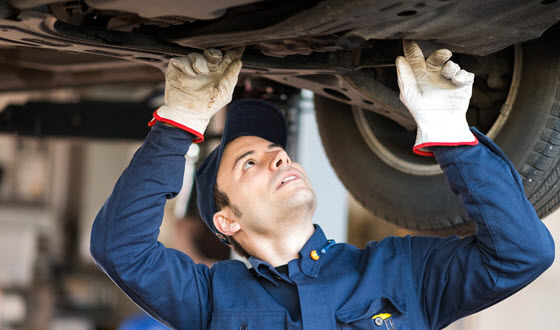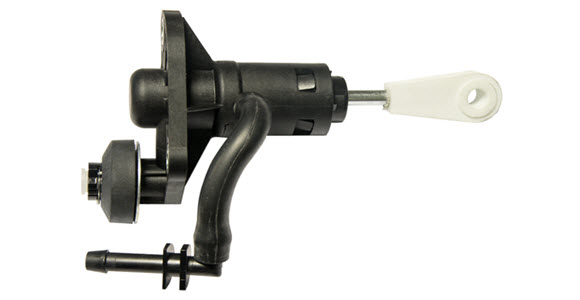Top Garage In Dallas To Address Your Porsche’s O2 Sensor Failure
Posted on | 30 Mar 2025 By Anita Gaal
All the small and large components in a high-performance vehicle such as a Porsche, are integrated in the best way possible. However, when a small part like the oxygen sensor which is often referred to as the O2 sensor starts to fail, the entire system is affected. The oxygen sensor is an element installed in your car’s exhaust system. Its function is quite simple but very important: it measures the amount of oxygen that is released in the exhaust gases of your engine.
This assists the car’s computer to determine the right proportion of air and fuel needed for proper combustion in the engine. If it is too rich (too much fuel or less air) or too lean (little fuel and more air), the engine may not run efficiently and it may burn fuel wastefully. Let’s see how this sensor can be diagnosed when it is faulty, what you should do about it and where to get it fixed.
How To Diagnose An O2 Sensor Problem
When your Porsche is taken to a competent repair shop with a suspected O2 sensor problem, the first thing to do is a scan of the onboard computer. The technician will use a scan tool to connect to the engine control unit (ECU) to check for any diagnostic trouble codes. If the O2 sensor is problematic, the scan is likely to identify the precise location of the sensor; whether it is an upstream or downstream sensor, as well as the type of problem it is experiencing.
Once the technician has diagnosed the problem through the trouble code, the next step will involve a physical examination on the sensor. This involves assessing for external signs of wear and tear, presence of oil or coolant and rusting. In many cases, the sensor may be good but the problem may lie in the wiring harness or the electrical connectors. A professional technician should investigate by checking for voltage signals and continuity within the wires because the issue may be due to a bad connection or a short circuit. This comprehensive check ensures that there is no unnecessary swapping of parts in the vehicle and that the problem is diagnosed correctly.
Fixing O2 Sensor Problems
- Replacing a Faulty O2 Sensor: If the O2 sensor is found to be bad because of age, contamination or failure, it will have to be replaced. This repair is not very complex and can easily be done by any technician who has some experience in repairing cars. Since most modern Porsches use two oxygen sensors to detect the air-fuel mixture as well as the emissions control system, it is necessary to locate and replace the particular sensor indicated by the error code. To ensure optimum fuel efficiency, engine performance, and emission standards it is recommended that you use a quality and compatible sensor. After installing the new sensor, the technician will normally erase any stored codes and run tests on the system to ensure that the problem is fixed.
- Addressing Underlying Causes: It is also a good idea to look for what caused the sensor failure in the first place. If the old sensor was contaminated with something like unburned fuel, oil, or coolant, then it may be indicative of a more serious problem such as a leaking injector, faulty valve seals, or a rich running condition. Addressing these issues helps prevent the failure of the new sensor and keeps your Porsche in the right condition in the long run.
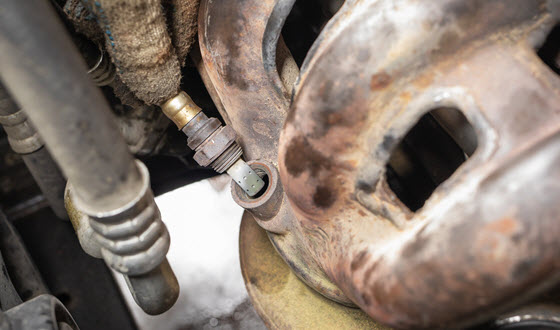
Let Our Experts Fix Your Porsche Oxygen Sensor Problem
At Euro Automotive, we understand that even minor problems such as O2 sensor failure can lead to serious consequences for your Porsche. We have been working on European luxury cars for more than 20 years and our technicians know how to give Porsche vehicles the necessary attention and care they deserve. Our state of the art facility is fully stocked with modern tools and we have six service bays where your Porsche can be inspected and repaired effectively.
Whether you are located in Dallas or in the nearby areas like Garland, Arlington or Fort Worth, TX, we will resolve the problem no matter how small and ensure you are back on the road with confidence. If you suspect something wrong with your O2 sensor or you have a warning light on the dashboard, give us a call or just drive into our workshop to get help from our professionals.





